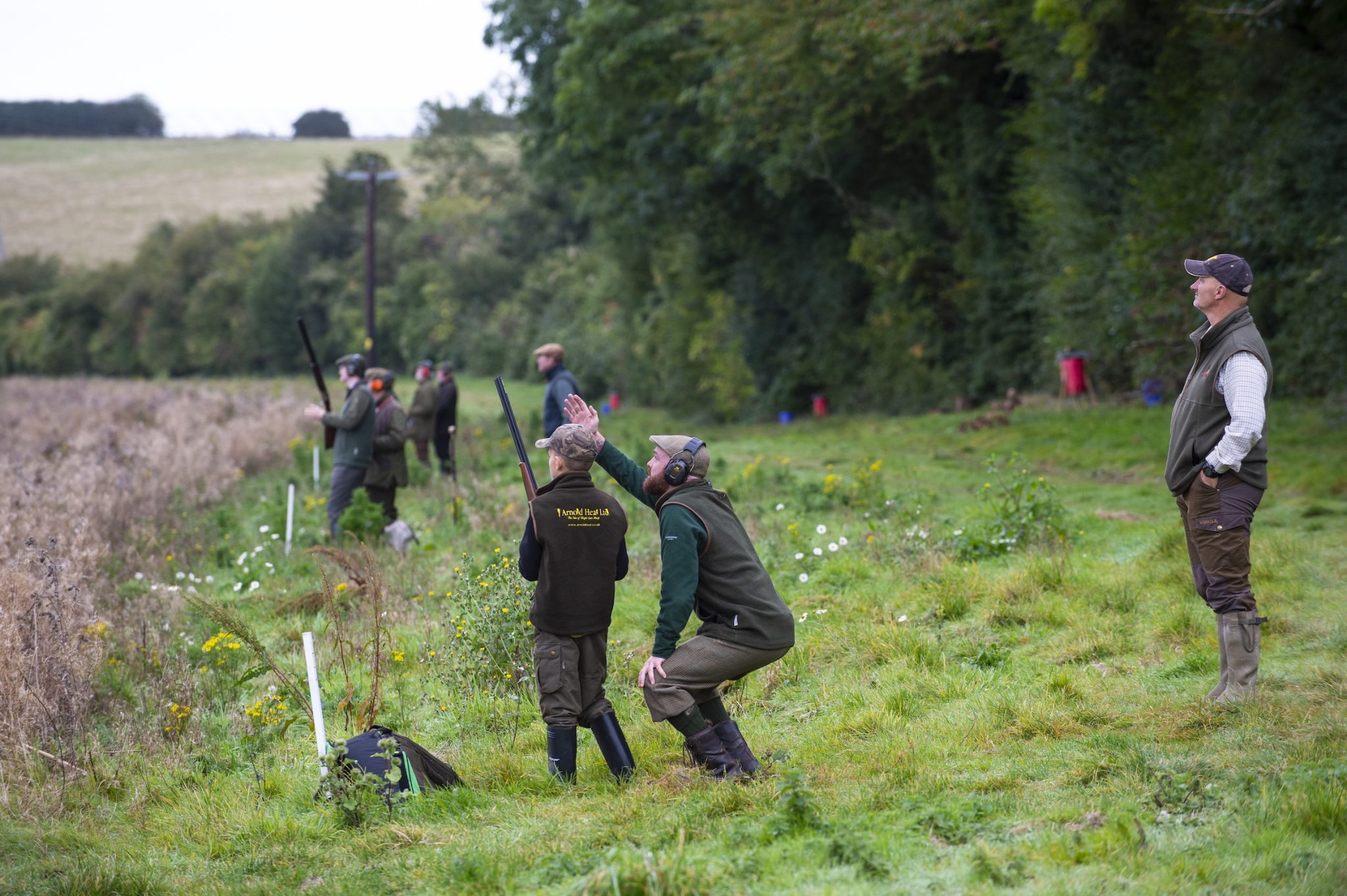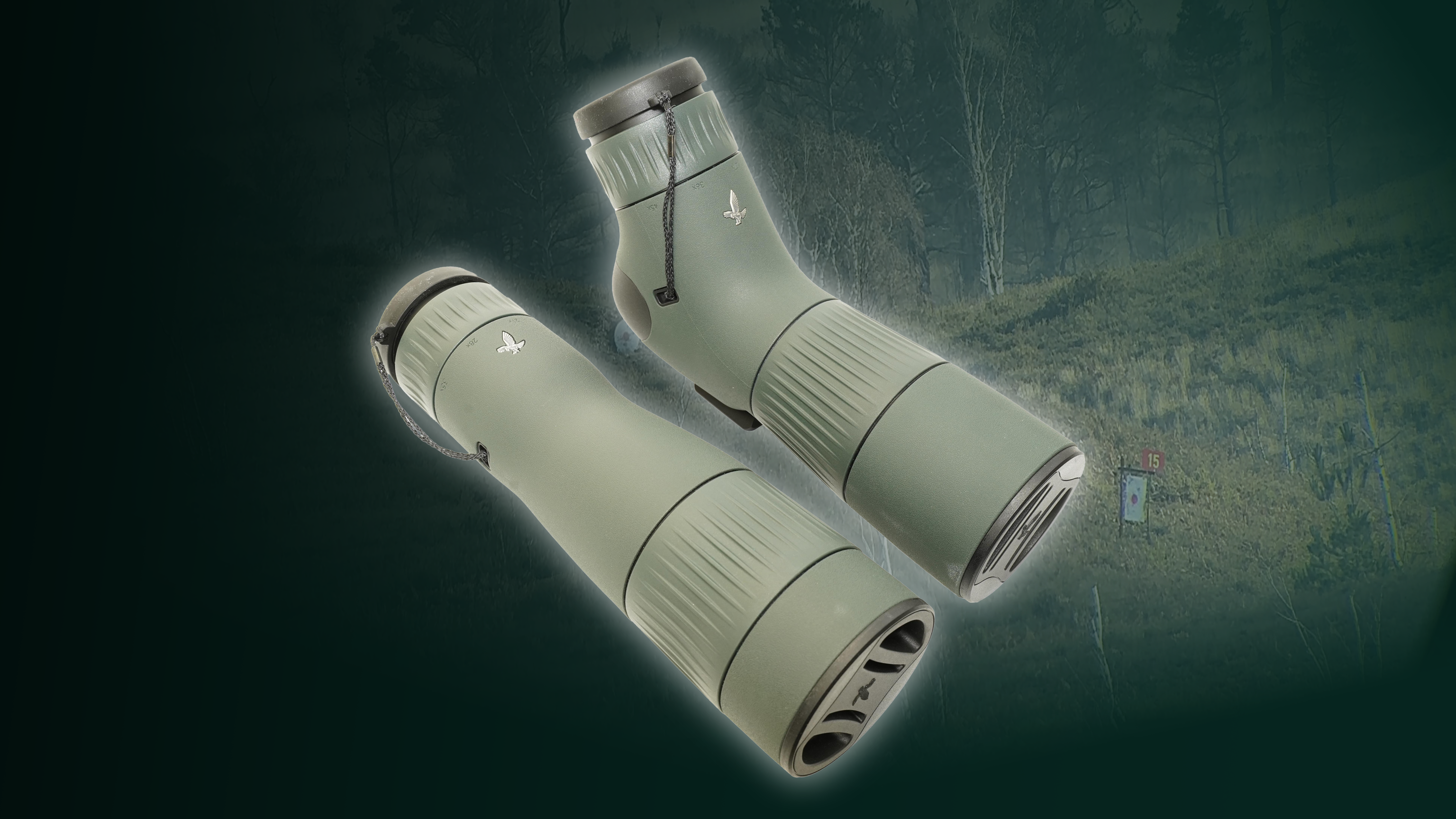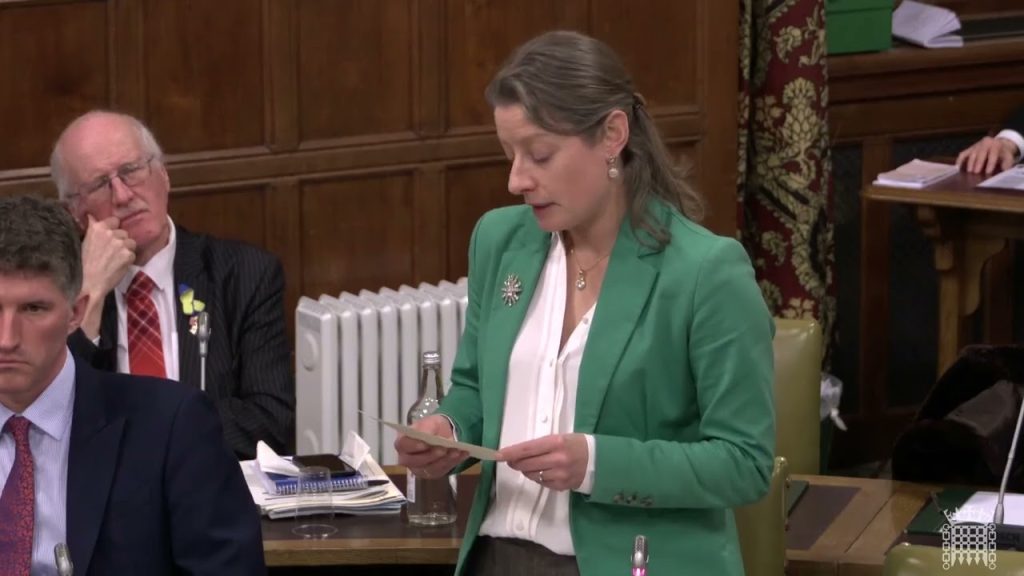The countdown is on for The British Shooting Show – book tickets online today and save on gate price!
What’s going to happen to shooting after Brexit?
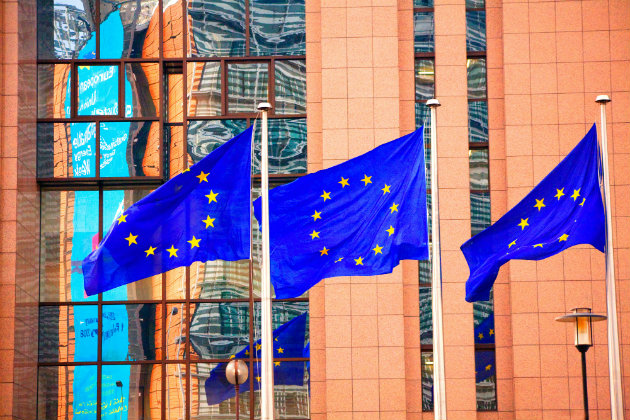
It is possible, if you have been hiding under a particularly large patch of heather, far, far away in the Scottish Highlands – maybe as far north as Ullapool – that you might not have heard the B word. Not “blast!” (when your Labrador has gone rogue), but Brexit. Don’t look away, it’s okay.
Since Britain made the decision to leave the European Union in June 2016, hundreds of commentators have tried to make sense of what will become of our nation when, on 29 March 2019, we make our grand departure.
Almost a year on, no one, even the Prime Minister — as far as we know — has been able to paint a picture of the state of the next 18 months. Instead, conjecture is king. The short answer to “What impact will Brexit have on the fieldsports industry?” was on 24 June, and remains “We don’t really know”. But there is a lot of positivity to take from the miserable/glorious (delete as politically appropriate) state of the United Kingdom.
“Cheaper to come over here to shoot”
“We don’t view Brexit as a big threat,” says a cheery David Steel, rural director for Savills in the north of England, whose research for this summer’s shoot benchmarking survey has so far shown that the industry is largely unperturbed by the referendum result. ‘It could be a problem but if everything pans out as we’re hoping, it shouldn’t be a big threat at all.”
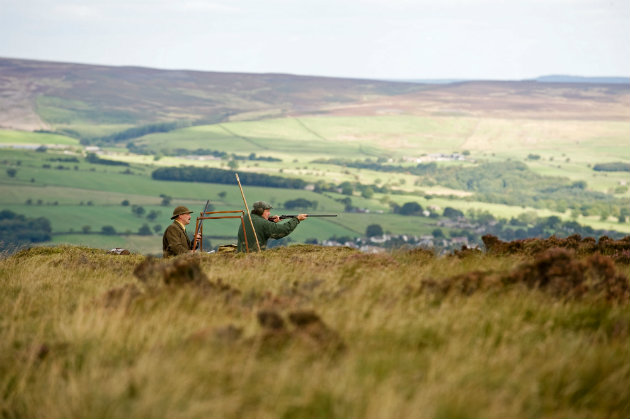
The weak pound against the euro and the dollar means that it’s cheaper to come to the UK to shoot
John Duncan, director of shooting at Roxtons, is also optimistic. For his business, the drop in the pound following the referendum in June has boosted sales. “The only difference it has made so far is that the pound is very weak to the Euro and the dollar, so it’s cheaper to come over here to shoot. We have seen quite an increase in demand for those parts of the world — people coming here because it is fundamentally cheaper.” Of course, this has a negative impact on those running syndicates: costs on just about everything have gone up, even if bookings are shooting skywards too.
Conservative MP for the Cotswolds and chair of the All-Party Parliamentary Group on shooting and conservation Geoffrey Clifton Brown is also relentlessly positive about the whole thing. “I don’t see why it should have a crippling effect,’ he says. ‘We will, as we do now, be able to make our own firearms laws and licensing laws, so I really don’t see that it can make much difference.”
As to whether changes to freedom of movement will have any impact: “My guess is that both the Prime Minister and the Chancellor are not in the business of putting businesses out of business because they can’t get labour,” he says. “I think we are going to have a workplace visa system where, unless there’s a massive surplus of skills in the country, we’ll be able to get skilled people into the country.”
Areas for concern
The Countryside Alliance’s freshly published Brexit policy document outlines the key areas of concern. For trade, there is the maintenance of a tariff-free system for importing and exporting firearms to consider; the marketing of game meat, the sales of which in 2015/16 exceeded £100m and are forecast to rise to £143m by 2020; and the purchase of chicks and eggs from countries within the EU.
Thanks to the drop in the pound, “we are having to pay 15 per cent more for those eggs and chicks this year than we were last year,” says Charles Nodder, who provides political advice to both the National Gamekeepers’ Organisation and the Game Farmers Association.
As for firearms legislation, it is likely that the EU Firearms Directive 91/447/EEC will cease to apply, and future changes to the law will be made by Westminster and the devolved administrations.
“Nobody is quite sure whether that makes shooting safer or less safe,” Mr Nodder says. “There are seven million shooters in Europe and there aren’t anything like as many here, so the lobby is weaker. The opposition here is probably stronger than in a lot of European countries.”
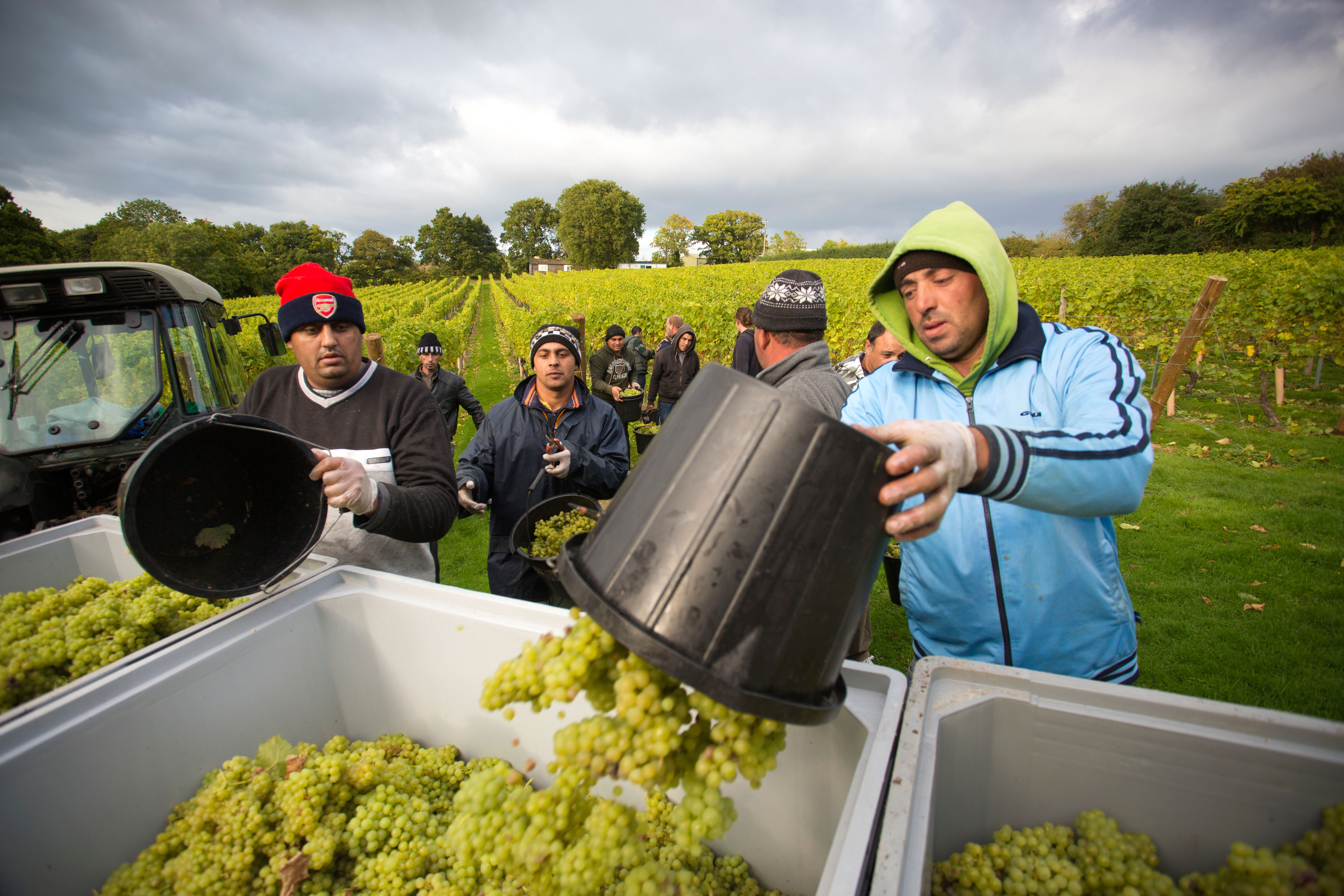
Migrant workers are important for farmers, including gamefarmers, and ministers are considering how to ensure this vital labour is not lost after Brexit
The status of free movement of people is another unknown. While beaters on moors may be predominantly local people, the fact remains the game farming depends heavily on seasonal migrant labour. “Ministers have said that they are aware how dependent we are on migrant labour, and that they will sort it out, but there’s been no detail at all,” says Mr Nodder.
But without subsidies, or another system in place, there may be no farms for workers to work on. Not least in Brexit’s limbo is the Common Agricultural Policy (CAP), which the government has promised to match until 2020. “This is going to be a crucial area to watch over the coming months,” says Mr Nodder. “How it pans out will have a massive effect on management. [Will] everything that we do now carry on because they’ve replaced like with like, or [will] what we do now get even better because now we’re free of Europe we can make up our own environmental prescriptions that suit the British countryside?”
The third option, he says, is that “they may decide that we can’t afford this – we’ve only got a limited pot of money, and we’re not going to subsidise farming.”
With a general election looming on 8 June, subsidy plans look uncertain. “It’s a case of ‘watch this space’,” one Whitehall insider says, suggesting that the Common Agricultural Policy, or at least its equivalent, could be extended until 2022 to cover the next parliament. “It would make sense for the guarantee to last as long as the parliament does.”
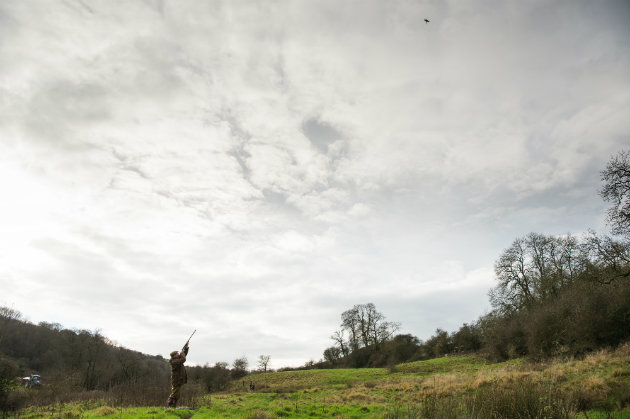
The UK shooting industry is in excellent shape as we head towards Brexit – we must make sure we keep it that way
Worldwide appeal
Shooting as recreation is a luxury that continues to appeal around the world — and, a valuable commodity, reminds Simon Hart, Conservative MP for Carmarthen West and South Pembrokeshire, and former chief executive of the Countryside Alliance. “The thrust behind the Brexit argument is that if we’ve got a product that is world class, then people will always want to buy it.”
And our shooting is just that: “There is always going to be a market for Europeans and those from further afield. We’re still going to be able to attract foreign visitors, and we’re still going to be able to import chicks and eggs from France,” he adds.
Nick von Westenholz, director of EU exit and international trade for the National Farmers Union has concerns about timing. “The requirements for dealing with exiting the EU in two years time are enormous, both in terms of negotiating the intricate, complicated issues that will need to be resolved, and secondly dealing with transferring EU law into UK so there is continuity and certainty day one of Brexit,” he says.
These tasks would be difficult enough, but elections here, in June and in Germany in September further slice away time available to officials. “The EU has said that they want an agreement by October 2018,’ Mr von Westenholz says. ‘That is now very well short of two years away. The big concern is whether there is capacity in government to deal with it. Do people really understand the enormous size of the task ahead?”
Related Articles
Get the latest news delivered direct to your door
Subscribe to Shooting Times & Country
Discover the ultimate companion for field sports enthusiasts with Shooting Times & Country Magazine, the UK’s leading weekly publication that has been at the forefront of shooting culture since 1882. Subscribers gain access to expert tips, comprehensive gear reviews, seasonal advice and a vibrant community of like-minded shooters.
Save on shop price when you subscribe with weekly issues featuring in-depth articles on gundog training, exclusive member offers and access to the digital back issue library. A Shooting Times & Country subscription is more than a magazine, don’t just read about the countryside; immerse yourself in its most authoritative and engaging publication.



